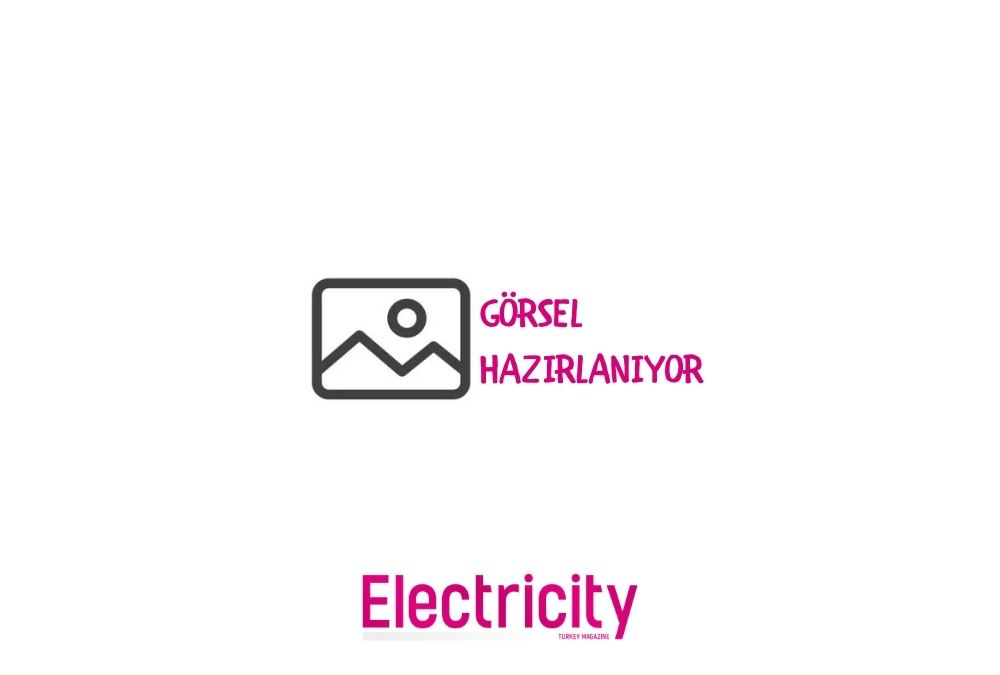
Apple's recently launched first 5G iPhone is the latest example of a major shift in the volume and frequency of data used by consumers, businesses and infrastructures. The acceleration of this transformation was also influenced by habits such as working from home and shopping from home, which the pandemic brought with it.
 It's time for us to think about the construction and management of data centers in a much more innovative way.
It's time for us to think about the construction and management of data centers in a much more innovative way.
Brian Johnson, Global Data Centre Leader at ABB, said: "With more than half of the world's population living in cities, urban areas will face significant pressure to improve the efficiency of their infrastructure. In addition to seamlessly integrating the services they offer, the 'smartest' cities will also discover ways to make them smart by supporting collaboration between institutions and commercial enterprises."
"It's possible to see the smart cities of the future as datasets, or as John Gage of Sun Microsystem puts it. the city is the data center."
This smart city vision has a convincing promise in the long run. A range of services are offered, resulting in a fruitful cycle that provides new and ever-evolving analytics that improve services, well-being and the way we do business, work, rest and play:
While 5G will provide a bandwidth solution to facilitate and provide access to these services on a daily basis, the configuration of data centers will vary by city and need. It's highly likely that we'll see smaller, or mini-unit combinations where they can squeeze traffic data without the need for cloud access for processing, in places at the 'edge' of cloud networks, such as the tops of street lights, as well as larger, more robust locations that can handle broader analysis tasks.
The interoperability of various installations will require a high level of AI powered by condition monitoring and predictive maintenance to ensure efficient connectivity across the city. Creating this will push the market to develop new solutions for data center size, configuration, and operational capabilities.
While there will be differences in the construction and management of data centers, ABB recommends, based on its experience, the use of some features that are of great importance for innovation to be effective and sustainable:
Power management: Diversification of the ever-evolving power mix will continue to meet ambitious sustainability goals. Currently, data centers are using renewable energy through purchase agreements. In the future, it is also possible to use more direct methods, such as "power as a service" schemes, for on-site renewable energy generation or the full integration of data centers into local electricity grids. In order to use various power sources effectively, many measurements need to be combined to determine factors such as the time and amount of use as part of an overall power strategy. ABB has also built power usage and control capabilities into key components such as circuit breakers with pre-configured digital APIs (e.g. with ABB's low-voltage digital unit Team UP) to ensure users' benefits and value.
Monitoring and maintenance: With increasing infrastructure demands, new strategies will need to be identified to replace old habits, such as replacing components before they break down and/or waiting for them to break down before they can be repaired. The asset health indicator "embedded" in the smart devices used will bring about a predictive maintenance program that maximizes operational efficiency (for example, you will change your vehicle's oil based on your driving history, not because a few months have passed). This approach also avoids the expense of routine or planned maintenance, as well as the costs of inspection and unnecessary downtime.
Backup: One of the most tangible advantages of digital connectivity is how quickly and efficiently both expansion and troubleshooting can occur when connections between smart devices are made with fiber optic cable. Thus, the number of connections can be reduced by 90% compared to analog copper connections and can identify itself when installed. This means that data can be stored on cloud-based platforms, so there will be virtual redundancy or "mirror" redundancy where any disruption to a facility's operational infrastructure is highly unlikely to lead to data or analytics loss.
Crisis management: In addition to automating the flow of traffic to prioritize emergency response vehicles; Imagine a smart building that can guide people to the safest exit in the event of a fire or other disaster, communicate with the fire truck while on the road for maximum impact to bring it to a safe position, and perhaps tell fire crews the components of the fire and the toxicity of the smoke.
"In short, when combined with 5G technology, other connectivity solutions and a fully integrated network of data centers, smart cities conserve valuable resources and contribute to a better future, while significantly improving quality of life, public safety and energy efficiency," Johnson said.
 SİZİN DÜŞÜNCELERİNİZ?
SİZİN DÜŞÜNCELERİNİZ?